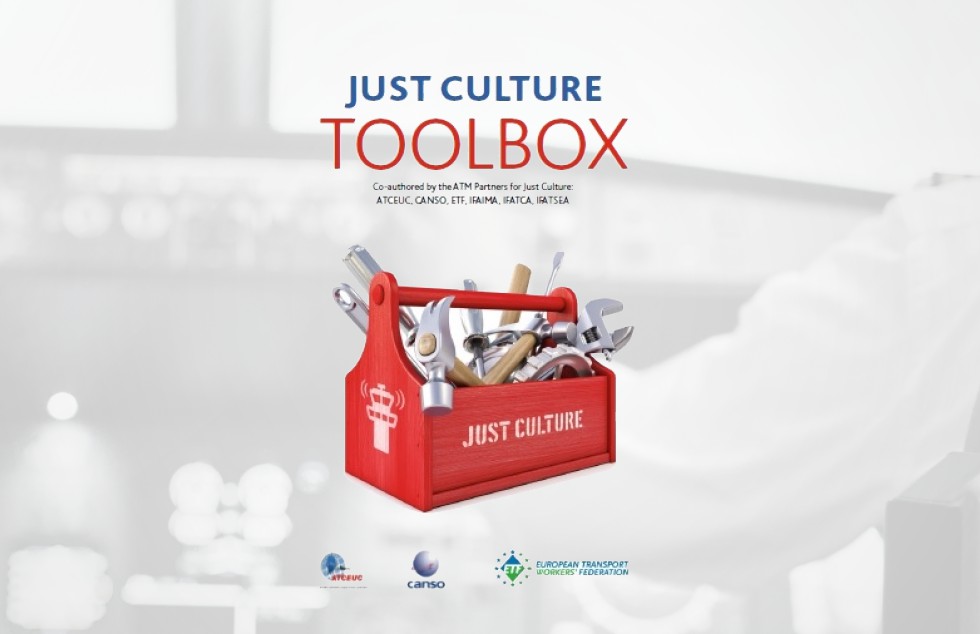Following decades of innovation in systems, technologies, procedures and safety management systems, the improvement of safety in operations in modern day industries relies to a significant extent on a good safety culture. The role of the human is deservedly getting more and more attention to take advantage of the opportunities for safety improvements.
The single most important part of a good safety culture has been recognised as Just Culture. This is an atmosphere of trust where employees feel naturally inspired to call to attention safety risks, even when they themselves may be implicated in the discovery of that safety risk. However it is also clear that unacceptable behaviour will not be tolerated. It is this balance that results in the use of the word “Just”.
This document contains a set of guiding principles for implementing a Just Culture. While many documents have been written about Just Culture, very few have actually addressed ‘how’ to achieve one. Achieving a Just Culture in any organisation is complex; it will generally take many years. The six air traffic management (ATM) partners for Just Culture (ATCEUC, CANSO, ETF, IFAIMA, IFATCA and IFATSEA) have developed a toolbox as a set of guiding principles that are universal and not limited to the aviation domain. Representing different actors of the organisational domain (employers, workers, professional staff organisations), it is believed that this guidance could be very valuable.

